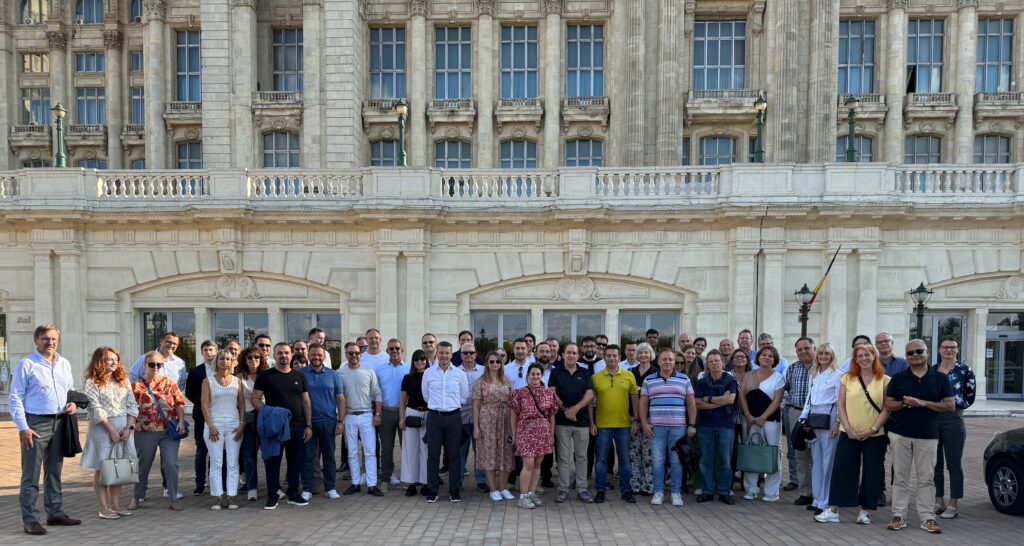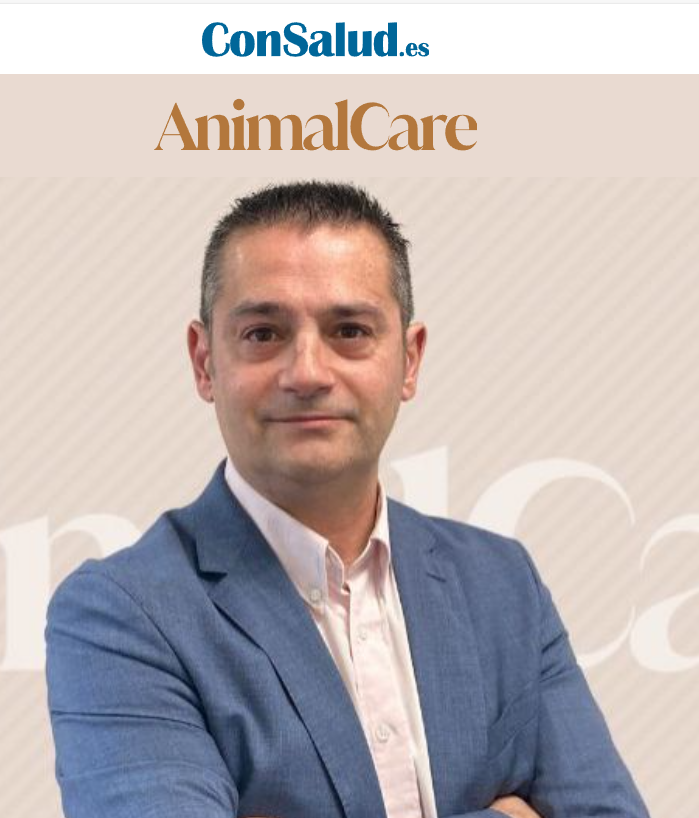Bucharest, 17 September.- Some of the conclusions from its European Veterinary Generics Market Study 2023, that is expected to be published in the last quarter of the year, were shared during the event. Its objectives are to provide an overview of the weight and prospects of generics in veterinary medicine.
READ MORE [+]

“Generic veterinary medicines undergo rigorous evaluation by regulatory authorities to ensure they are equivalent to the original medication in terms of safety, efficacy and quality.” This is what Xavier Molins, chair of Access VetMed, told to AnimalCare (consalud.es) when was asked about these pharmaceutical products. The active ingredient is the same as in a branded medicine, but generics offer a wide range of benefits, as Xavier Molins explained.
READ MORE [+]
